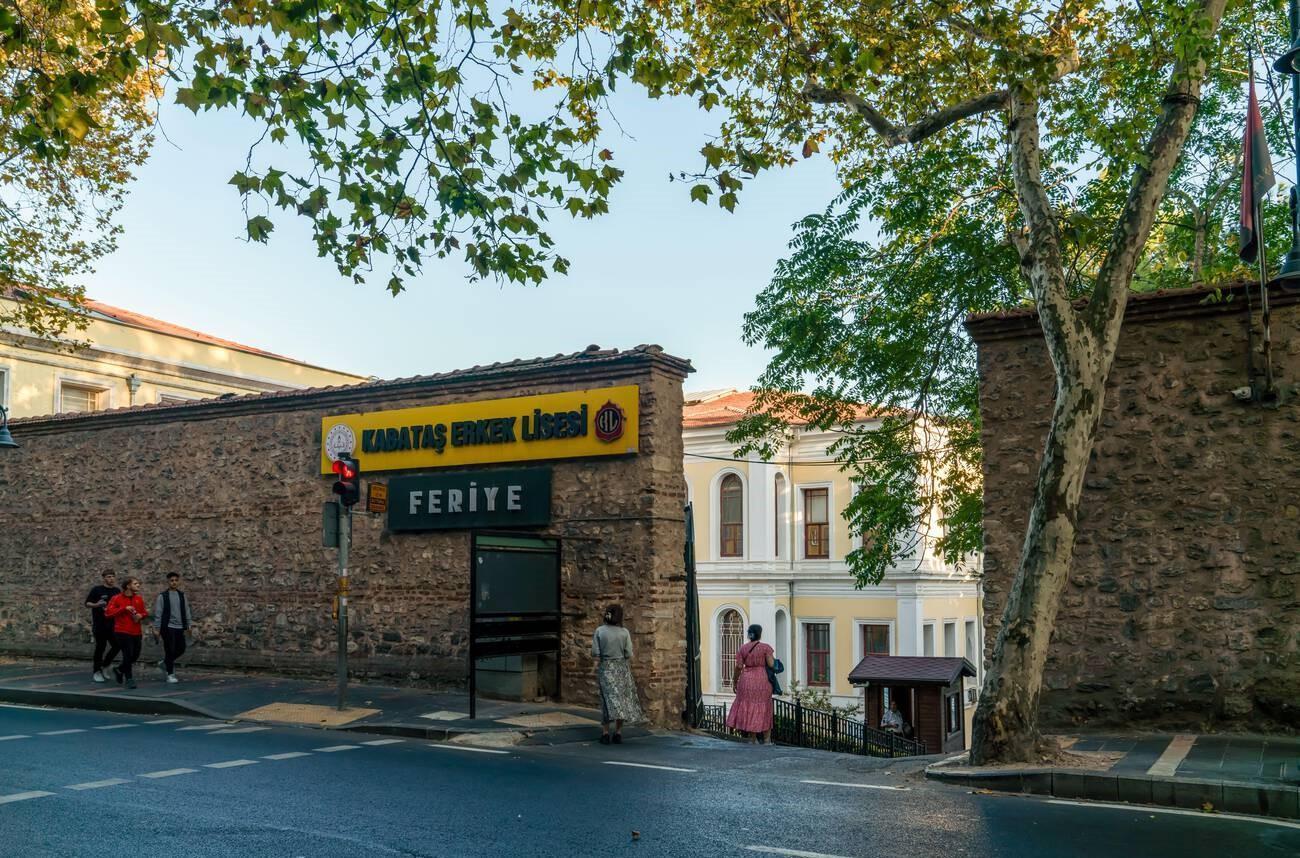
Türkiye’s Education Ministry is considering a major overhaul of the high school system, with education experts, academics and civil society organizations discussing new models that could potentially replace the current four-year structure.
Among the proposals being debated are more flexible formats such as two years of compulsory education followed by two years of optional schooling, or three compulsory years with the final year tailored for university preparation or vocational training.
Some advise removing compulsory high school education altogether.
The high school education system in Türkiye has been four years in duration since the 2005–2006 academic year, when the ministry extended the duration from three to four years.
This was followed by the introduction of the three-tier education reform in 2013, which extended compulsory education from the former eight years to 12 and divided it into three stages: Four years of primary school, four years of middle school and four years of high school.
However, the current structure has faced growing criticism. Some experts argue that mandatory high school education can lead to overcrowded classrooms and reduce student motivation.
Others say the rigid format fails to accommodate students’ diverse interests and career goals.
Speaking to daily Milliyet, Professor Dr. Muhammet Baştuğ, Dean of the Faculty of Education at Istanbul University, supported creating alternative models with varied durations and content to better serve students with different goals than pursuing academic success.
"Otherwise, students who don’t find meaning in continued education remain stuck in a system that doesn’t meet their needs," Baştuğ pointed out.
He also suggested that the upper age limit for compulsory education should not exceed 16.
Professor Ali Fuat Arıcı, Dean of the Faculty of Education at Yıldız Technical University, also emphasized that compulsory high school can negatively affect the quality of education.
“It leads to overcrowded classes and uninterested students harming the motivation and sense of belonging of others,” he stated.
In line with such concerns, education expert Associate Professor Turgay Öntaş supported a model where the first two years of high school remain compulsory, while the final two years are shaped around students’ individual interests, academic goals or career plans.
However, not everyone supports the proposed changes.
The Labour Union of the Labourers of Education and Science released a statement warning that such models risk institutionalizing a mindset that sees education as unnecessary beyond a certain age.
“These proposals would especially harm students from socioeconomically disadvantaged backgrounds, increasing the likelihood that they leave school early and are pushed into the labor market at a young age,” the union stated.
Education Minister Yusuf Tekin recently addressed the ongoing debate in a televised interview, acknowledging the range of proposals being discussed. “We are closely following all the discussions. If a consensus emerges, we will evaluate it with political stakeholders and the president [Recep Tayyip Erdoğan] before making any decisions,” he said, adding that no final decision has been made yet.